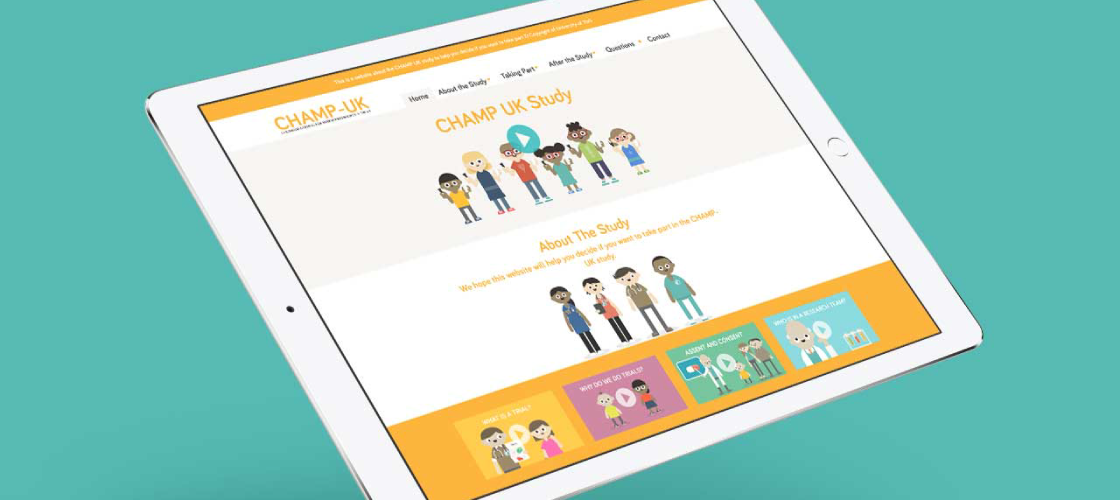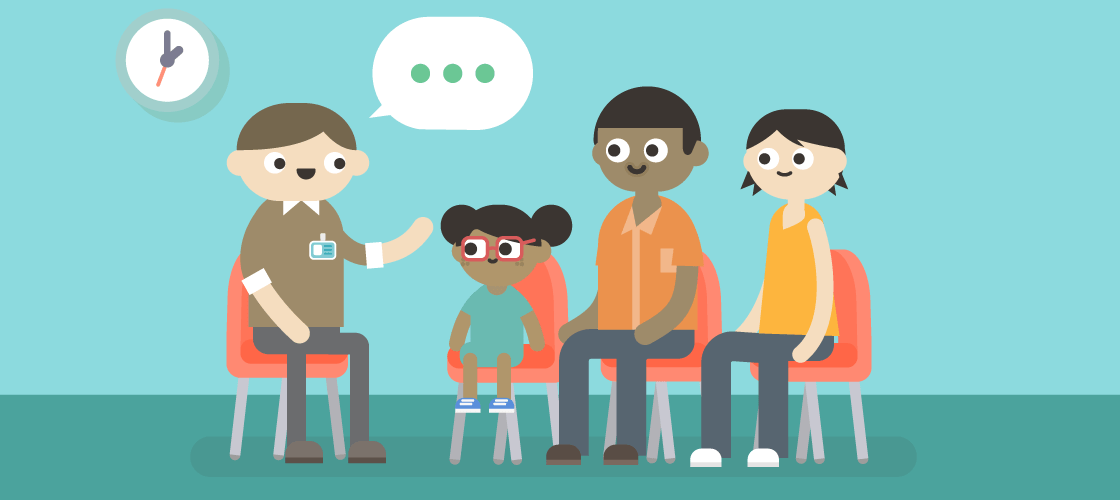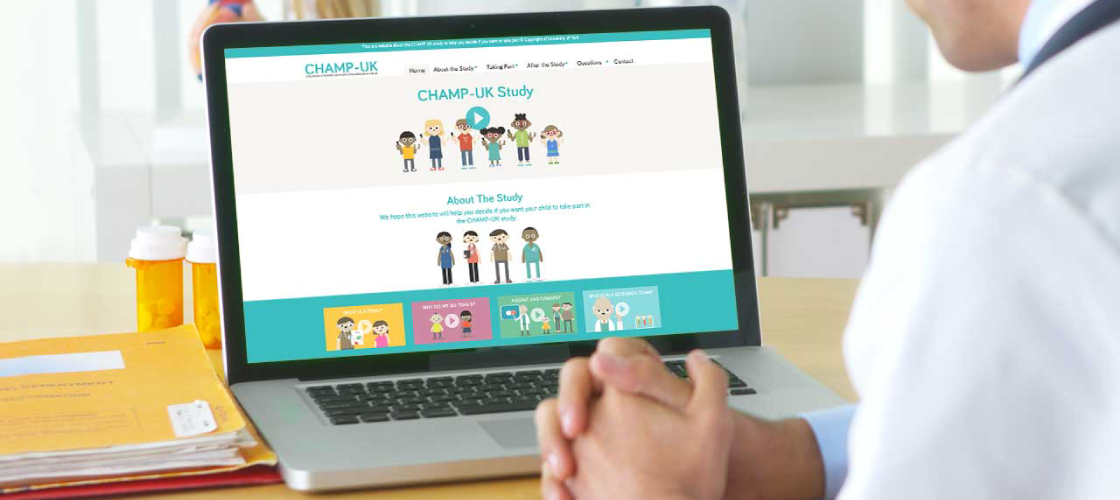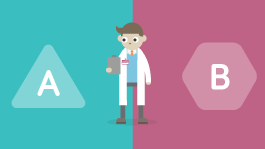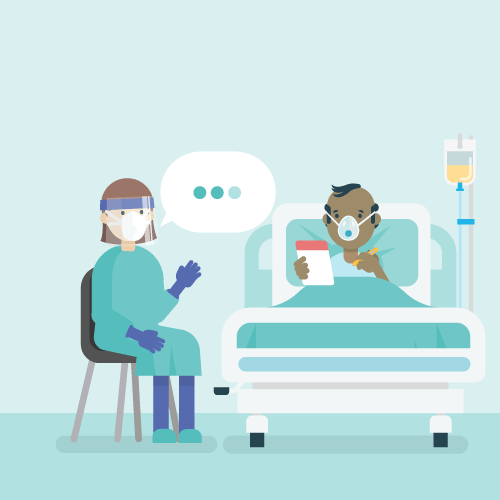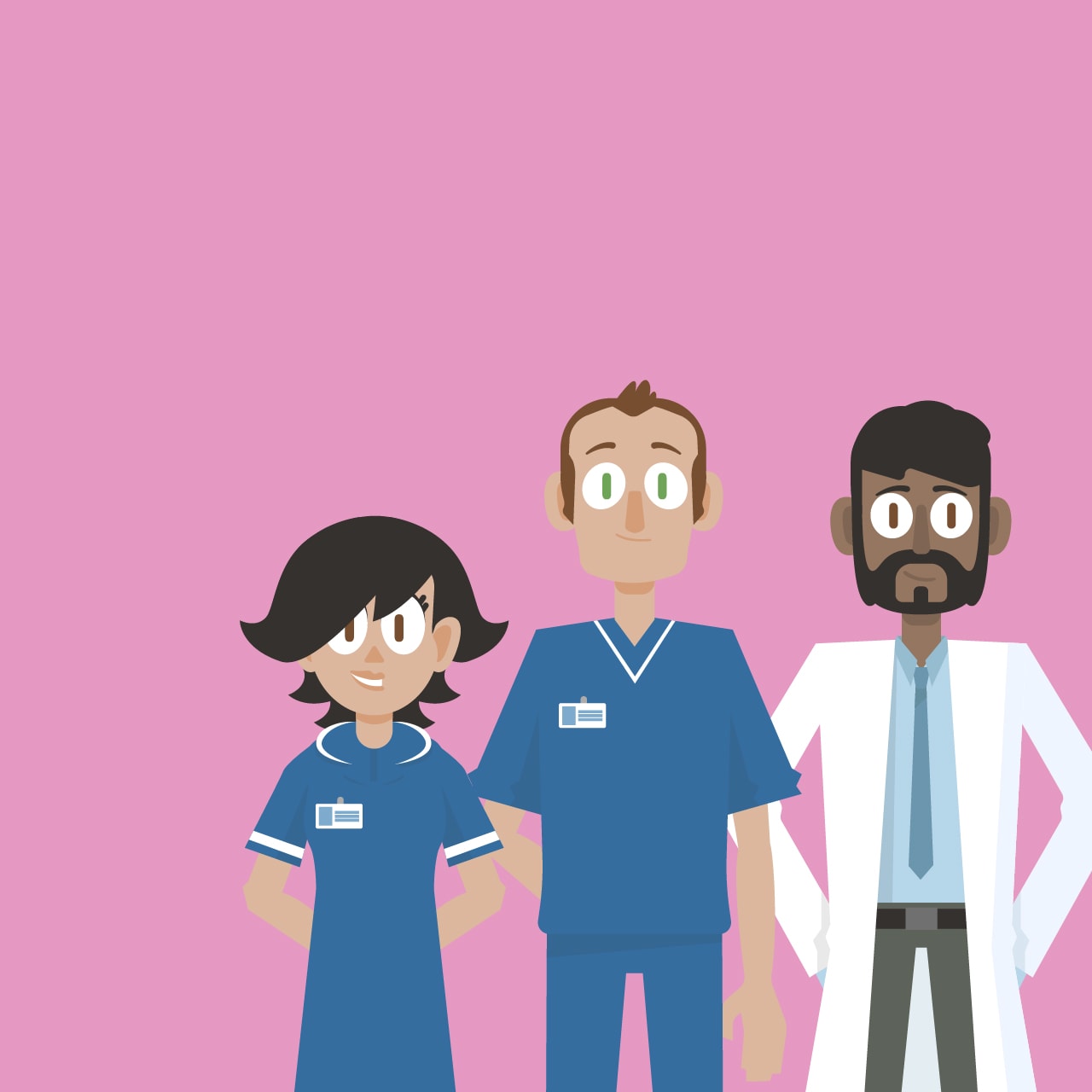
Case Study
The CHAMP Study
BELFAST HEALTH AND SOCIAL CARE TRUST
Low-dose Atropine Eye Drops to Reduce Progression of Myopia in Children: a Multi-centre Placebo Controlled Randomised Trial in the United Kingdom.
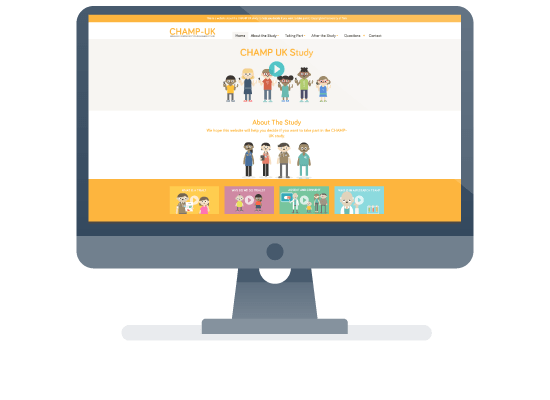
The CHAMP Study: Summary
Short-sightedness, also called myopia, makes objects in the distance, such as the television, look blurred. This is caused by the eye growing too long, something that usually happens while children are also getting taller.
People with myopia can see better with glasses or contact lenses, but this doesn’t stop their eyes continuing to become more short-sighted. This study is investigating a type of eye drop called atropine that might help to stop myopia getting worse as children get older. The aim of this study is to assess the effectiveness and safety of low dose atropine (0.01%) eye drops to reduce the progression of myopia in UK children.

What we did
The CHAMP Study was the last of our TRECA trials run by the University fo York. The resources were based on materials developed within a live trial run at Alder Hey Children’s hospital called SCIPI.
Following the template we produced two versions of the Participant Information to match the information sheets, one for the target participant age group of 6 – 12 years and one for their parents. User were able to switch between the versions using a sticky button positioned on the side of the sites. The websites also included the set of generic Clinical Trial animations featured below.
We filmed the interviews at the School of Optometry at Aston University part of the Birmingham Children’s Hospital NHS Trust.
CHAMP participant information animation
CHAMP: Participant Information Animation
This is the Participant Information Animation that we made for the home page of the CHAMP Trial Patient Information Website.
CHAMP Talking Head Video
CHAMP: Talking Head Video Content
This is an example of one of the Talking Heads videos that we used throughout the CHAMP Patient Information Website. As well as the clinical researchers we included talking heads from patients and parents.
CHAMP UK MMI images
